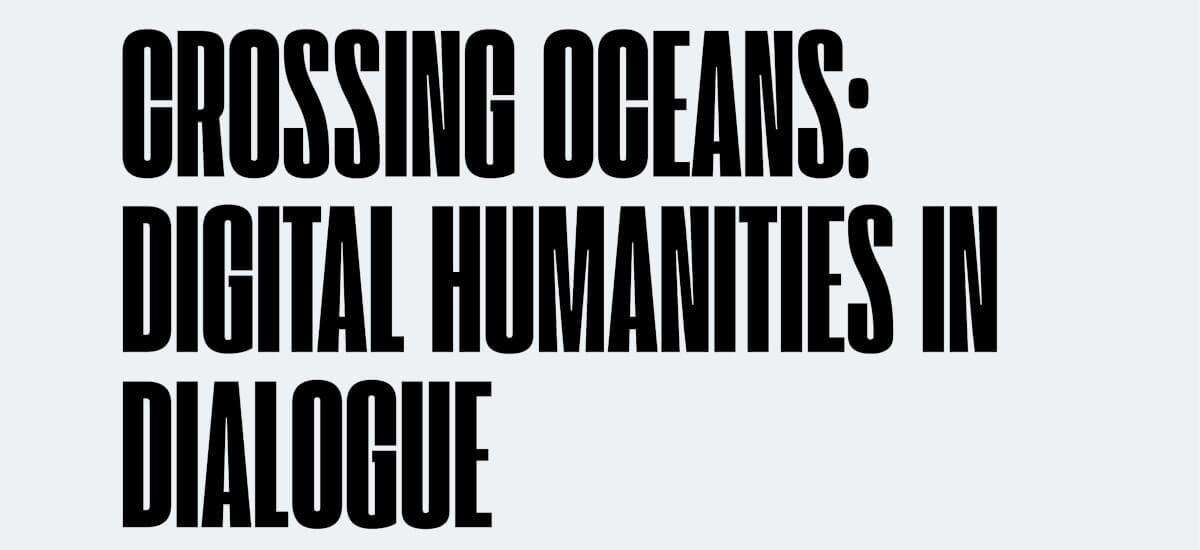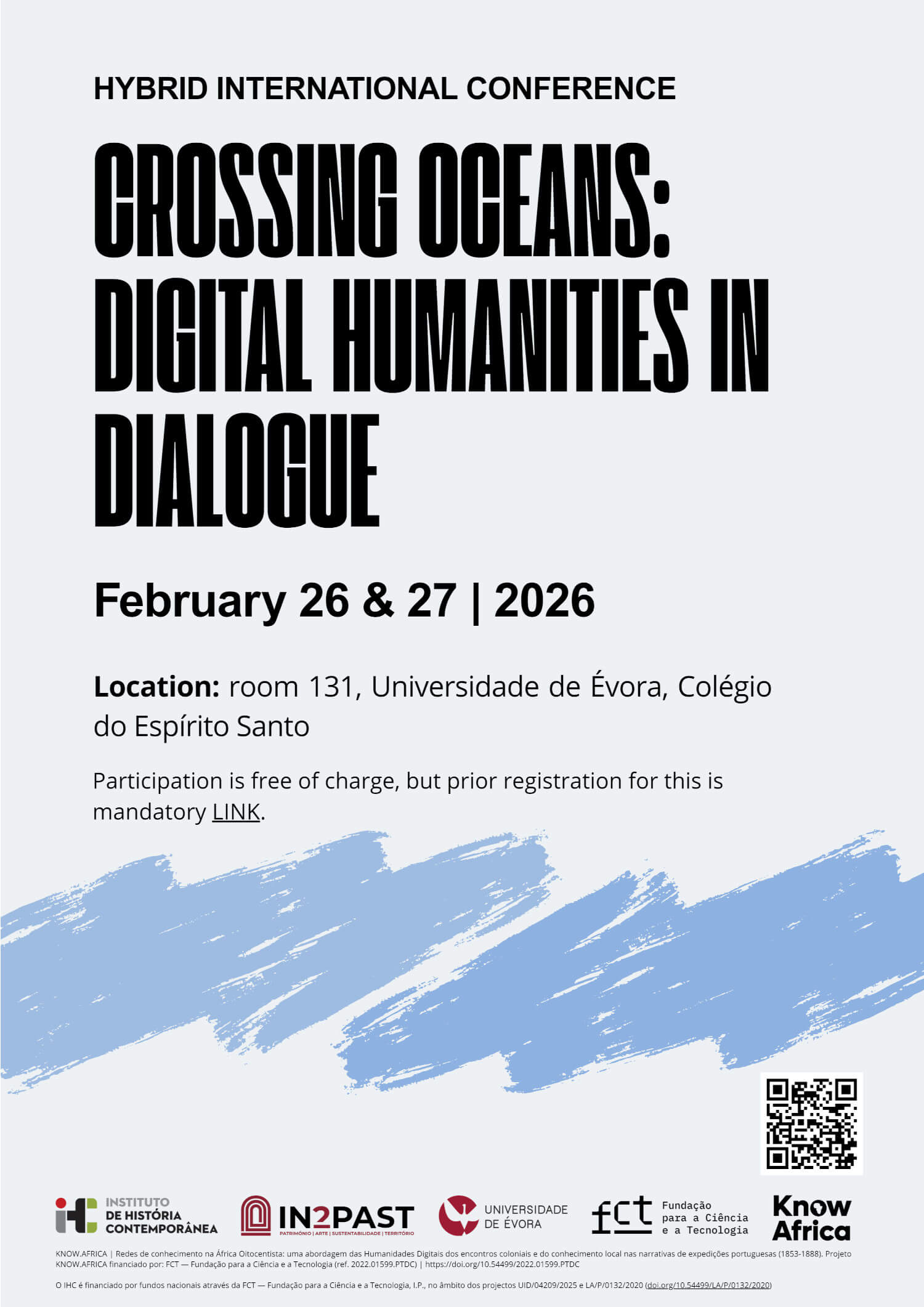
Trabalho como resistência
Oct 28, 2020 | Chapters, Publications

Trabalho como resistência: luta operária de mulheres durante o período revolucionário português [Labour as resistance: women’s labour struggles during the Portuguese revolutionary period]
- Pamela Peres Cabreira
- História do Movimento Operário e Conflitos Sociais em Portugal. Atas do IV Congresso História do Trabalho, do Movimento Operário e dos Conflitos Sociais em Portugal e III Conferência do Observatório para as Condições de Trabalho e Vida [History of the Labour Movement and Social Conflicts in Portugal]
- Pamela Peres Cabreira (Org.) & Raquel Varela (Coord.)
- 2020
- Lisbon: Instituto de História Contemporânea | Colecção E-IHC
- Language: Portuguese
- ISBN: 978-989-8956-20-0
- 517-526 p.
Excerpt:
O presente artigo tem como objetivo analisar o processo de luta das operárias da empresa têxtil Sogantal durante o período revolucionário português. O papel histórico das mulheres trabalhadoras após o 25 de Abril, em suas representações sociais no campo laboral, mas também nas condições e mudanças em suas vidas privadas – enquanto mulheres, mães, esposas, domésticas –, interessa-nos para se compreender as transmutações na vida e na condição feminina no Portugal contemporâneo. Ao empreender uma intensa luta pelo direito ao trabalho, as operárias da Sogantal iniciam ocupação e autogestão da fábrica já em maio de 1974, numa dualidade entre a intensidade de manutenção desta luta e de suas vidas privadas, ainda condicionadas às premissas do «lugar da mulher», herdados dos mais de 40 anos do regime repressivo e autoritário estadonovista. Essas 48 mulheres, entre os 13 e 24 anos, tomaram a responsabilidade da autonomia operária, assumindo um caráter de enfrentamento pela classe trabalhadora, com intensa troca de informações e solidariedade entre fábricas da região, apoios mútuos na venda da produção e relação direta com sindicatos e comissões de trabalhadores.
About the book:
Nos últimos decénios tem feito curso nas ciências sociais e humanas a ideia de que as sociedades teriam deixado de se organizar em torno do trabalho. Paralelamente, tem-se afirmado igualmente o fim das ideologias, do sindicalismo ou da militância. No entanto, o que a realidade nos mostra é que, ao invés da supressão do trabalho, se tem vindo a assistir antes ao crescimento do número de pessoas nele envolvidas. Nesta nova etapa de desenvolvimento do capitalismo, o trabalho não se extinguiu e o que se verifica, verdadeiramente, é que sofreu profundas transformações ao ter-se tornado, para largos setores, mais instável, multifacetado, intensificado e desvalorizado. Por conseguinte, há que redescobrir o trabalho, tornar visível o que alguns pretendem ocultar e apreender toda a sua complexidade a partir dos olhares diversos que são protagonizados pelas várias ciências, numa perspectiva inter e multidisciplinar. Por outro lado, há que evidenciar igualmente as consequências da intensificação e da desvalorização do trabalho para a saúde dos trabalhadores e as suas condições de vida, bem como as modalidades de resistência que estes lhes opõem – no presente e no passado. Esta é a abordagem deste livro, que corresponde à organização dos textos e temas apresentados no IV Congresso de História do Trabalho, do Movimento Operário e dos Movimentos Sociais em Portugal & III Conferência do Observatório para as Condições de Trabalho e Vida, realizado na cidade de Lisboa em Novembro de 2019.
Other Publications
Search
Events
fevereiro, 2026
Tipologia do Evento:
Todos
Todos
Colloquium
Conference
Conference
Congress
Course
Cycle
Debate
Exhibition
Launch
Lecture
Meeting
Movie session
Open calls
Opening
Other
Presentation
Round table
Seminar
Showcase
Symposium
Tour
Workshop
- Event Name
seg
ter
qua
qui
sex
sab
dom
-
-
-
-
-
-
1
2
3
4
5
6
7
8
9
10
11
12
13
14
15
16
17
18
19
20
21
22
23
24
25
26
27
28

Detalhes do Evento
This conference aims to open the space for dialogue on how Digital Humanities can boost plural approaches to history, memory, heritage, and creativity. Crossing Oceans: Digital Humanities in
Ver mais
Detalhes do Evento
This conference aims to open the space for dialogue on how Digital Humanities can boost plural approaches to history, memory, heritage, and creativity.
Crossing Oceans: Digital Humanities in Dialogue
We are pleased to announce the international conference Crossing Oceans: Digital Humanities in Dialogue, bringing together researchers, practitioners, and digital humanists from all around the globe. This event seeks to create a space of truly transoceanic dialogue to discuss the present and future of Digital Humanities.
The conference invites participants to rethink methodologies for work in the Humanities at a time when digital transformations are reshaping how we investigate, interpret, and share knowledge. The digitization of archival materials, alongside the proliferation of born-digital records, has multiplied the sources available for historical, literary, and cultural analysis. Today, researchers have at their disposal a wide range of digital tools and software that allow them to organise, interpret, manipulate, share, and store data in increasingly diverse ways, opening new pathways for both collaborative and innovative research. At the same time, the emergence of artificial intelligence challenges us to critically assess both the possibilities and the risks of automated tools in the construction of knowledge.
Programme highlights
26 February
08:30 GMT – Registration and welcome coffee
08:45 GMT – Opening
09:00–10:30 GMT – Digital archives and collections
10:30–12:00 GMT – Digital heritage
13:00–15:00 GMT – Round-table
15:00–15:30 GMT – Coffee break
15:30–17:00 GMT – Digital approaches to colonialism
17:00–18:30 GMT – Databases and archives
27 February
08:30 GMT – Welcome coffee
09:00–10:30 GMT – Artificial Intelligence
10:30–12:00 GMT – Databases
113:00–15:00 GMT – Round-table
15:00–15:30 – Coffee break
15:30–17:00 GMT – Infrastructures and methods
17:00–18:30 GMT – Artificial Intelligence
Call for papers
By crossing oceans and perspectives, this conference aims to open the space for dialogue on how Digital Humanities can boost plural approaches to history, memory, heritage, and creativity, while also confronting questions of accessibility, ethics, and epistemic justice, as when we use these tools to give voice to new agents previously made invisible by traditional historiography, for instance.
On this conference, we welcome contributions on topics including but not limited to:
- Methodological innovations in Digital Humanities research.
- The impact of AI on the Humanities and critical approaches to its use.
- Digitization projects and the challenges of working with born-digital materials.
- Digital strategies for reaching non-academic audiences.
- Tools and projects that facilitate collaborative and transnational projects.
Submission period: 20 October – 5 December 2025 26 January 2026 [new deadline]
Participation: Free of charge, registration required
Language: English (presentations in other languages may be considered)
🔗 Registration and proposal submission
Organisation
Organising Committee
Anderson Antunes (University of Évora / IHC / IN2PAST)
Sara Albuquerque (University of Évora / IHC / IN2PAST)
Scientific Committee
Ana Margarida Dias da Silva (University of Coimbra / CHSC / DCV-UC)
Anderson Antunes (University of Évora / IHC / IN2PAST)
Daniel Alves (IHC — NOVA FCSH / IN2PAST)
Santiago Perez (CEComp — FLUL)
Sara Albuquerque (University of Évora / IHC / IN2PAST)
Silvia Valencich Frota (CEComp — FLUL)
Executive Committee
Anderson Antunes (University of Évora / IHC / IN2PAST)
Diana Barbosa (IHC — NOVA FCSH / IN2PAST)
Sara Albuquerque (University of Évora / IHC / IN2PAST)
Paula Gentil Santos (University of Évora)
This conference is inspired by the KNOW.AFRICA project (https://doi.org/10.54499/2022.01599.PTDC), which investigates nineteenth-century Portuguese scientific expeditions in Angola by highlighting the invisible contributions of local agents who made travelling and collecting possible. In this project, we analyse how cooks, guides, interpreters, porters, local rulers, and others, collaborated with the construction of knowledge and the formation of scientific collections. Through the use of Digital Humanities methods and tools – such as GIS mapping, network analysis and visualisation, databases, and interactive digital timelines – KNOW.AFRICA aims to explore how digital tools can assist in the construction and dissemination of historical knowledge. By combining archival research with digital tools, the project not only advances academic debates on colonial science but also develops outputs aimed at wider publics, including digital exhibitions, podcasts, and interactive maps and timelines. In this way, KNOW.AFRICA aims to use the Digital Humanities as a way to bridge research and dissemination, turning historical inquiry into a shared, multidisciplinary and collaborative process.
Tempo
26 (Quinta-feira) 8:30 am - 27 (Sexta-feira) 6:30 pm
Organizador
Institute of Contemporary History - University of Évoracehfc@uevora.pt Largo dos Colegiais, 2 — 7000-812 Évora
News
VINCULUM — An end and a new beginning
Feb 24, 2026
FCSH hosted the closing session of the VINCULUM project
In March, Lisbon becomes the Capital of International Intrigue
Feb 21, 2026
Between 2 and 31 March, at the Portuguese Cinematheque
Anita Buhin is on a research mission in Italy
Feb 20, 2026
She is now a Visiting Researcher at CAST, University of Bologna
CONTACTS
WORKING HOURS

































































































































